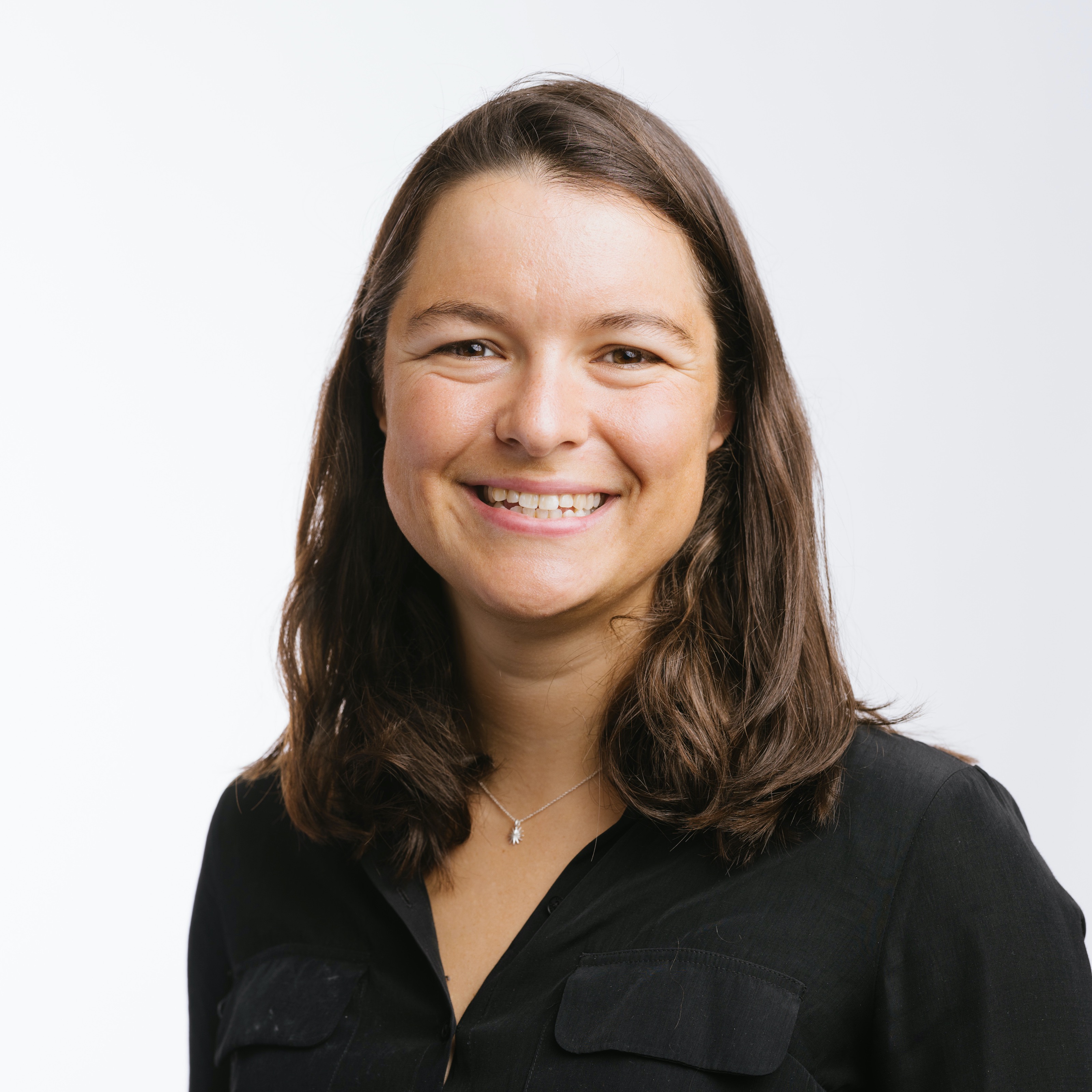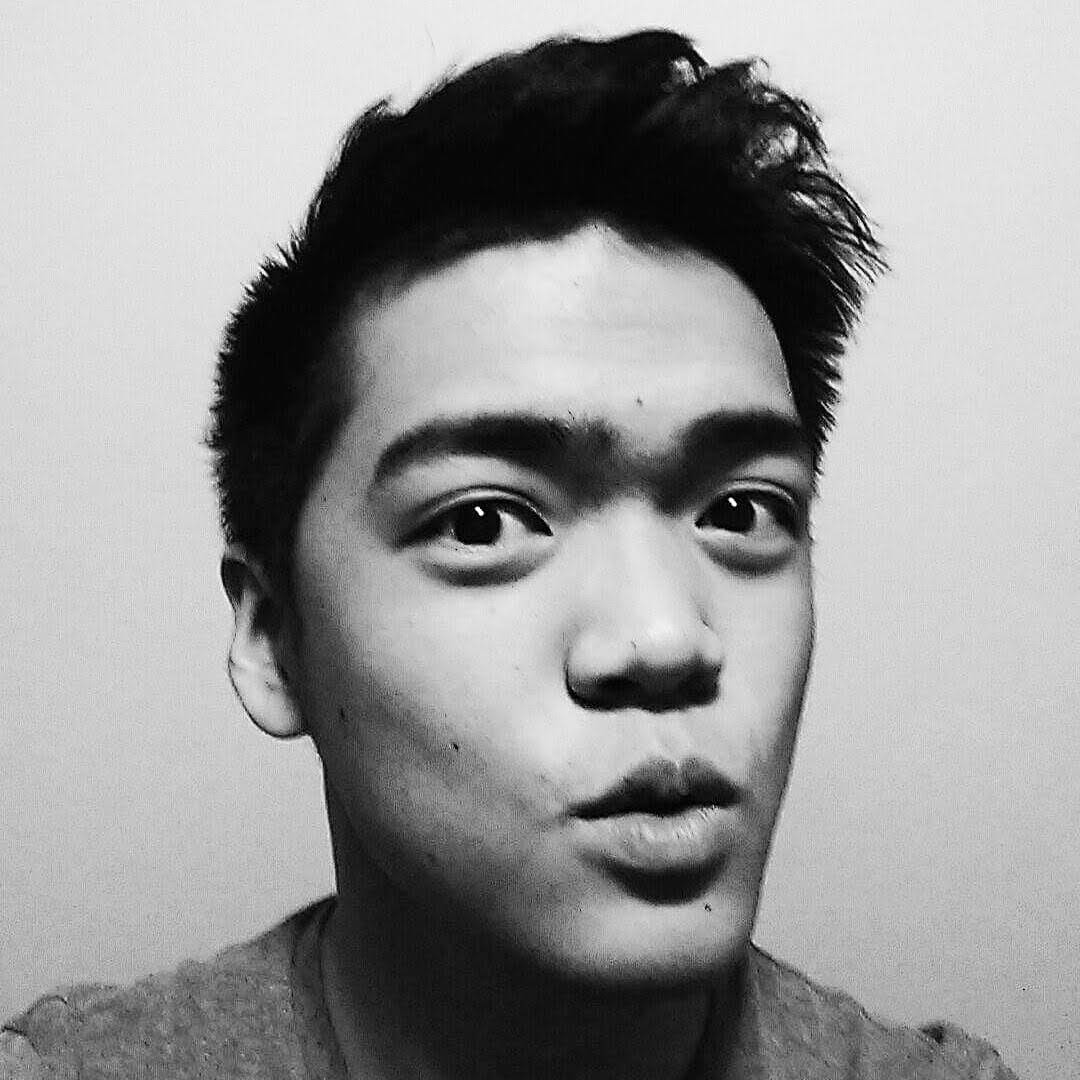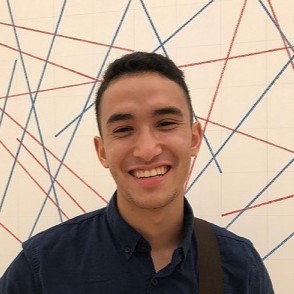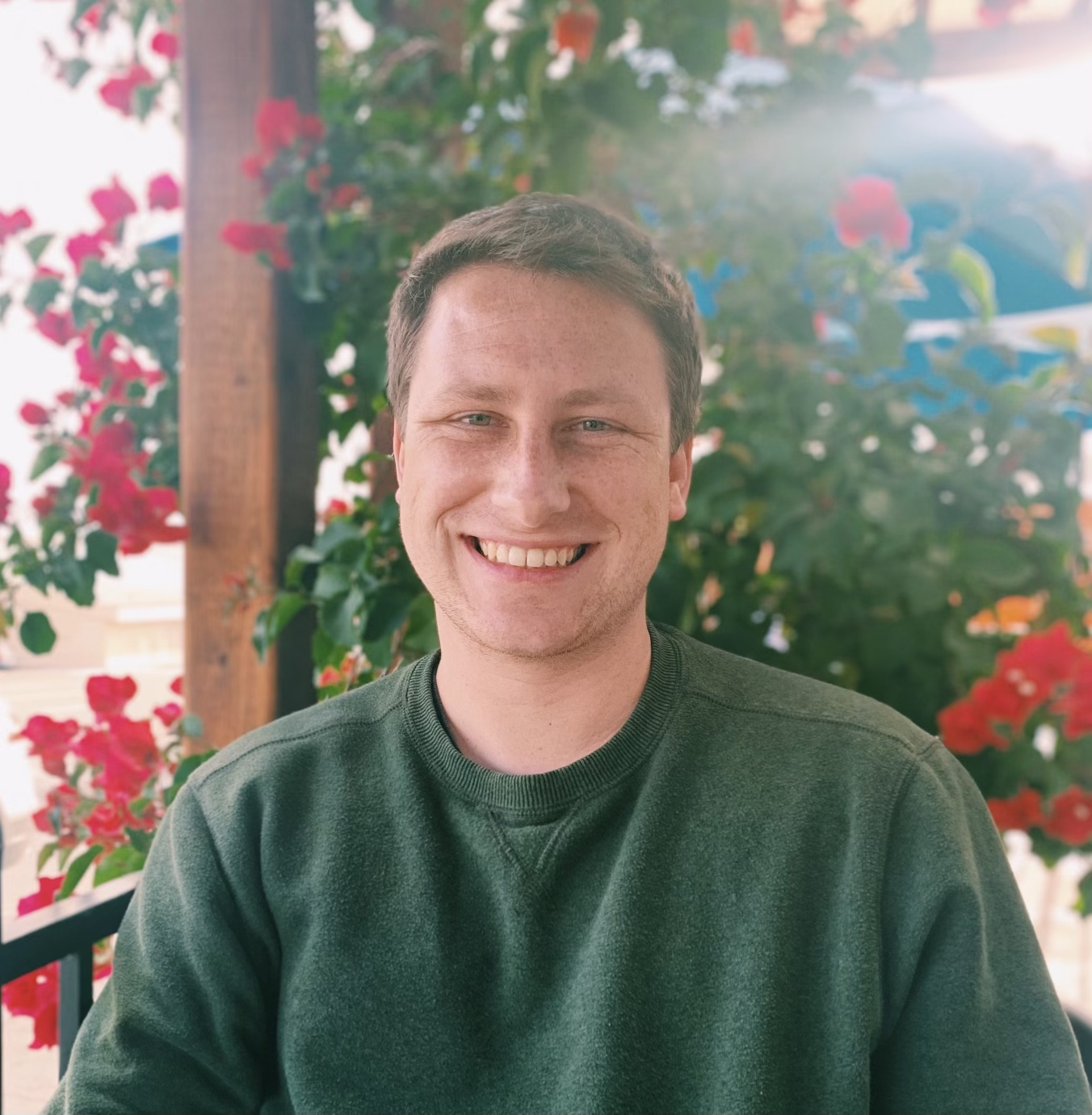CS 330: Deep Multi-Task and Meta Learning, Fall 2022
Lectures: Mon, Wed 3:00pm – 4:20pm, Skilling Auditorium
Fall 2022 Update
For the Fall 2022 offering of CS 330, we will be removing material on reinforcement learning and meta-reinforcement learning, and replacing it with content on self-supervised pre-training for few-shot learning (e.g. contrastive learning, masked language modeling) and transfer learning (e.g. domain adaptation and domain generalization). This should make the course more accessible, i.e. no prior experience or knowledge of reinforcement learning will be needed, while also more thoroughly covering modern techniques for few-shot learning. In Spring 2023, Prof. Finn will teach CS 224R, a course on deep reinforcement learning that will provide a complete introduction to deep reinforcement learning methods while also covering more advanced topics like meta-reinforcement learning..
Outstanding Project Poster Award
Congratulations to the following students for oustanding project and poster presentations:
- Michael Lingelbach and Gabrael Levine: "SayAgain: Prompt Tuning for Improved Planning with Large Language Models"
- Leni Ven, Zedian (Mark) Xiao, and Gautam Mittal: "Gradient-Informed Branching for Multi-Task Learning"
- Rajan Vivek, Vaish Shrivastava, and Ofure Ebhomielen: "Synthetic Data Generation For Few-Shot Learning"
- Lukas Haas, Michal Skreta, and Silas Alberti: [title withheld]
Description
While deep learning has achieved remarkable success in many problems such as image classification, natural language processing, and speech recognition, these models are, to a large degree, specialized for the single task they are trained for. This course will cover the setting where there are multiple tasks to be solved, and study how the structure arising from multiple tasks can be leveraged to learn more efficiently or effectively. This includes:
- self-supervised pre-training for downstream few-shot learning and transfer learning
- meta-learning methods that aim to learn efficient learning algorithms that can learn new tasks quickly
- curriculum and lifelong learning, where the problem requires learning a sequence of tasks, leveraging their shared structure to enable knowledge transfer
This is a graduate-level course. By the end of the course, students will be able to understand and implement the state-of-the-art multi-task learning and meta-learning algorithms and be ready to conduct research on these topics.
Format
The course will include in-person lectures (also livestreamed and recorded over Zoom), four
graded homework assignments, one optional homework assignment, and a course project. The lectures will
discuss the fundamentals of topics required for understanding and
designing multi-task and meta-learning algorithms in various domains. The assignments will focus on coding problems that emphasize
these fundamentals. Finally, students will present their projects at the poster session at
the end of the quarter.
Prerequisites
CS 229 or an equivalent introductory machine learning course is required.
Lecture Videos
For the current offering, recorded lecture videos are posted to Canvas after each lecture. Publicly available recordings of previous offerings are available below.
Previous Offerings
Staff

Amelie Byun
Course Manager
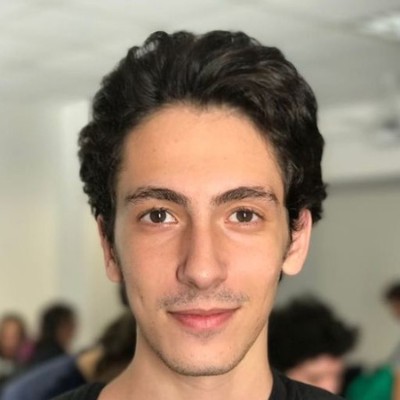
Max Sobol Mark
Teaching Assistant
OH: Tue 10:30am – 12:30pm
Location: GESB 150
Course Schedule and Materials
| Date | Lecture | Deliverables | Notes and Optional Reading |
|---|---|---|---|
| Week 1 Mon, Sep 26 |
Lecture Course introduction & start of multi-task learning |
Homework 0 out
[PDF, code, template] |
|
| Week 1 Wed, Sep 28 |
Lecture Multi-task learning |
|
|
| Week 1 Thur, Sep 29 |
TA session PyTorch tutorial |
|
|
| Week 2 Mon, Oct 3 |
Lecture Transfer learning & fine-tuning |
Due Homework 0 Homework 1 out [PDF, code, template] |
|
| Week 2 Wed, Oct 5 |
Lecture Black-box meta-learning & in-context learning |
|
|
| Week 3 Mon, Oct 10 |
Lecture Optimization-based meta-learning |
Due Project survey |
|
| Week 3 Wed, Oct 12 |
Lecture Few-shot learning via metric learning |
Due Homework 1 Homework 2 out [PDF, code, template] |
|
| Week 4 Mon, Oct 17 |
Lecture Unsupervised pre-training for few-shot learning (contrastive) |
|
|
| Week 4 Wed, Oct 19 |
Leacture Unsupervised pre-training for few-shot learning (generative) |
Due Project proposal |
|
| Week 5 Mon, Oct 24 |
Lecture Advanced meta-learning topics (task construction) |
Due Homework 2 Homework 3 out [PDF, code, template] |
|
| Week 5 Wed, Oct 26 |
Lecture Advanced meta-learning topics (large-scale meta-optimization) | ||
| Week 6 Mon, Oct 31 |
Lecture Variational inference |
|
|
| Week 6 Wed, Nov 2 |
Lecture Bayesian meta-learning | Homework 4 out [PDF, template] (optional) |
|
| Week 6 Fri, Nov 4 |
Due Homework 3 |
|
|
| Week 7 Mon, Nov 7 |
Lecture Domain adaptation |
|
|
| Week 7 Wed, Nov 9 |
Lecture Domain generalization |
|
|
| Week 8 Mon, Nov 14 |
Lecture Lifelong learning |
Due Homework 4 (optional) |
|
| Week 8 Wed, Nov 16 |
Guest lecture Hanie Sedghi |
Due Project milestone |
|
| Week 9 Mon, Nov 21 |
Thanksgiving break | ||
| Week 9 Wed, Nov 23 |
Thanksgiving break | ||
| Week 10 Mon, Nov 28 |
Lecture Frontiers & open challenges |
|
|
| Week 10 Wed, Nov 30 |
Guest lecture Percy Liang | ||
| Week 11 Mon, Dec 5 |
No class | ||
| Week 11 Wed, Dec 7 |
Presentations Project poster session |
|
|
| Week 12 Mon, Dec 12 |
No class |
Due Final project report |
|
| Week 12 Wed, Dec 14 |
No class |
Course Calendar
A course calendar with details of lectures, TA sessions, office hours, and miscellaneous course events is available in a variety of formats:
Grading and Course Policies
Homeworks (50%): There are four graded homework assignments: Homework 0 is a warmup worth 5%, and Homeworks 1 – 3 are each worth 15%. Assignments will require training neural networks in PyTorch. Homework 4 is optional and will either replace one of Homeworks 1 – 3 or part of the project grade (whichever is better for your grade). All assignments are due on Gradescope at 11:59 pm Pacific Time on the respective due date.
Project (50%): This a research-level project of your choice. You may form groups of 1 – 3 students to complete the project, and you are encouraged to start early! Detailed guidelines on the project can be found here. You can use this template for your project proposal.
Late Days: You have 6 total late days across homework and project deliverables (anything worth a grade), except for the project poster. You may use a maximum of 2 late days for any single deliverable. Late days used for group projects apply to all members of the group.
Lecture Attendance: While we do not require lecture attendance, students are encouraged to join the live lecture. To accommodate various circumstances, we will be live-streaming the in-person lecture via a Zoom link on Canvas. Students joining the Zoom livestream will be able to ask questions. For those who cannot join the live lectures, lecture recordings will also be available on Canvas shortly following the lecture.
Honor Code: Students are free to form study groups and may discuss homework in groups. However, each student must write down the solutions and code from scratch independently and without referring to any written notes from group sessions. When debugging code together, students may only look at the input-output behavior of each other's programs and not their code itself. In other words, each student must understand the solution well enough in order to reconstruct it by themself. It is an honor code violation to copy, refer to, or look at written or code solutions from a previous year, including but not limited to: official solutions from a previous year, solutions posted online, and solutions you or someone else may have written up in a previous year. Furthermore, it is an honor code violation to post your assignment solutions online, such as on a public git repo, or use AI-driven code completion tools such as GitHub Copilot. You are, however, allowed to use such tools for the project. For more details about honor code, see The Stanford Honor Code and The Stanford Honor Code Pertaining to CS Courses.
Health and Safety Expectations (COVID-19 Protocols)
Following Stanford’s policies, everyone is required to wear a mask in the lecture hall, and masking is otherwise strongly recommended indoors (e.g. in office hours), regardless of vaccination status. Some community members may have preferences that go beyond the requirements; it is important that we treat each other's preferences with respect and care. You can find the most current policies on campus masking requirements on the COVID-19 Health Alerts site.
Academic Accommodations
If you need an academic accommodation based on a disability, please register with the Office of Accessible Education (OAE). Professional staff will evaluate your needs, support appropriate and reasonable accommodations, and prepare an Academic Accommodation Letter for faculty. To get started, or to re-initiate services, please visit oae.stanford.edu. If you already have an Academic Accommodation Letter, please send your letter to cs330-aut2223-staff@lists.stanford.edu. OAE Letters should be sent to us at the earliest possible opportunity so that the course staff can partner with you and OAE to make the appropriate accommodations.
Note on Financial Aid
All students should retain receipts for books and other course-related expenses as these may be qualified educational expenses for tax purposes. If you are an undergraduate receiving financial aid, you may be eligible for additional financial aid for required books and course materials if these expenses exceed the aid amount in your award letter. For more information, review your award letter or visit the Student Budget website.
Notice on Lecture Recording
Video cameras located in the back of the room will capture the instructor presentations in this course. For your convenience, you can access these recordings by logging into the course Canvas site. These recordings might be reused in other Stanford courses, viewed by other Stanford students, faculty, or staff, or used for other education and research purposes. Note that while the cameras are positioned with the intention of recording only the instructor, occasionally a part of your image or voice might be incidentally captured. If you have questions, please contact a member of the teaching team.
© Chelsea Finn 2022
